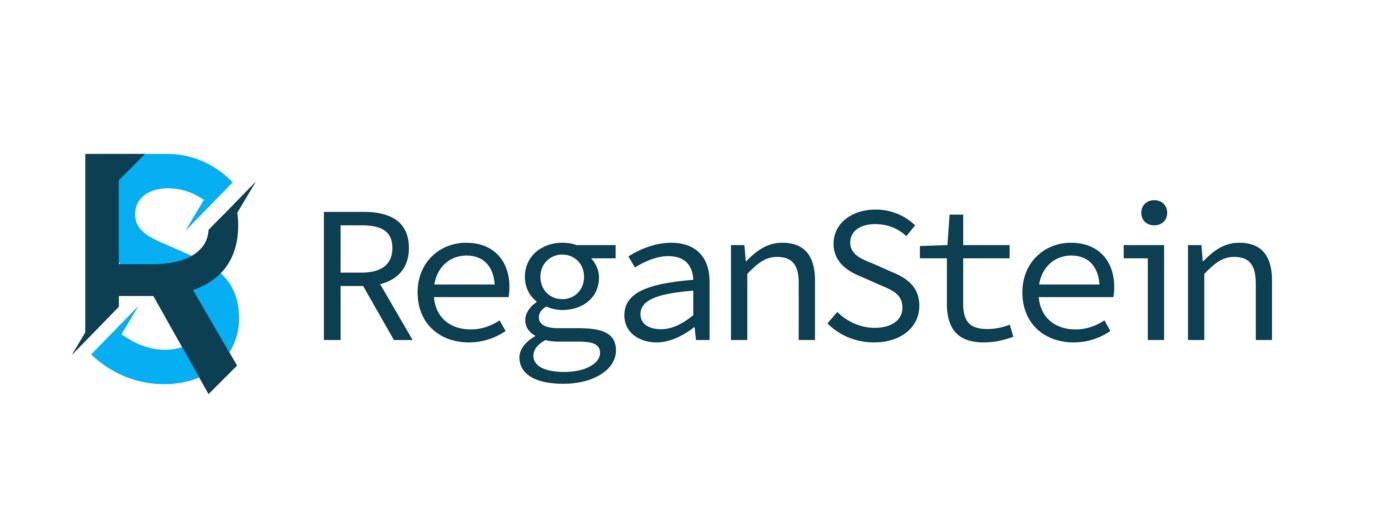

ICT / Digital Strategy
“The advance of technology is based on making it fit in so that you don’t really even notice it, so it’s part of everyday life. ”
Bill Gates
A considered and thorough IT strategy allows an organisation to leverage IT technology and systems to maximise benefits to the business in a cost-effective manner, at the same time creating a ‘future flexible’ outlook that will allow the organisation to grow in the future.
Comprehensive IT strategy benefits fall into four main categories:
- Computerised storage of data and data records (to ease filing and analysis)
- Cost reduction through automation and improved efficiency of activities (to eliminate inefficiencies and waste and therefore reduce cost)
- Improved collaboration with customers, staff, supplier, and partners (to build closer links and relationships with the people important to your organisation)
- Data analysis, insights and knowledge management (easy ability to analyse business data and gain new insights and knowledge of your business)
An ICT strategy needs to consider both operational and strategic IT systems and technologies. As part of the ICT strategic review, ReganStein will also consider where the best practice uses of IT (‘Smart IT’) can be leveraged to your advantage. This may include, for example, improvements to operational systems or strategic systems.
Developing an ICT / Digital Strategy
A number of general principles will apply to ensure strong engagement and development of a deep understanding of the business operation and business strategy. This approach will result in the development of a comprehensive and agreed ICT strategy. These principles include:
- Gaining a strong understanding of the organisation’s operations, coupled with strategic and tactical plans to understand the importance of IT in delivering the overall strategy
- Face to face interviews/meetings with key stakeholders to review current adequacy of IT and aid with development of the future IT plans and strategy. A general principle of working on-site where possible would be adopted to maximise engagement and provide for easy 2-way communication during the review
- Discussions on the applicability of ‘Smart IT’ initiatives which can improve efficiency and streamline processes
- Holding a number of workshops with key stakeholders at relevant checkpoints in the development of the IT Strategy
- Review of the broader organisation and governance of IT to successfully deliver the IT strategy
- Completion of an IT strategy document together with proposed timelines, costings and the governance required to implement and support the IT strategy
Our Methodology


| DESCRIPTION | |
| Background | Before the IT review can take place, a solid understanding of the organisation and its drivers is essential. This will be obtained by:
|
| Review the Current Systems (The ‘As Is’) |
This phase will involve the review, in conjunction with stakeholders, of the current IT systems, infrastructure, and operations (the ‘AS IS’ situation) to determine if they are meeting/not meeting the needs of the department/ organisation and to identify fundamental (e.g. system replacement) and incremental (e.g. enhancement) improvements required to better support the organisation. This review will also likely highlight the need for implementation of new systems and/or IT infrastructure to support the successful implementation of the business strategy.
In this phase, we will also conduct a review of the external environment to capture best practice currently in the sector. A workshop with key stakeholders is usually planned for the end of this phase to outline key findings and directions, and to act as a checkpoint for the project team. |
| Development of the ICT/Digital Strategy (The ‘To Be’) |
This phase will pull together the IT initiatives required to support the organisation strategy along with activities/projects required to remedy IT systems/infrastructure shortfalls and issues identified during the review of documentation and discussions with stakeholders.
A workshop with key stakeholders will be held at the end of this phase to obtain agreement on the key initiatives and projects identified in the overall IT strategy and gain guidance on priority, phasing, and budget availability. The output of the workshop will be a Roadmap of agreed initiatives and projects, with timelines, costings, and project phasing, over a five-year timescale. |
| Completion of ICT/Digital Strategy Report | The strategic ICT/Digital Strategic plan will be organised and segmented as follows:
A final workshop with key stakeholders will be held to answer any queries, finalise the report and close out the project. |
Our team’s core competencies:
| Project Management | ✓ |
| IT Management | ✓ |
| IT Privacy | ✓ |
| IT Compliance | ✓ |
| IT Strategy | ✓ |
| Microsoft Dynamics CRM | ✓ |
| Workforce Development Plans | ✓ |
| IOT/Smart Environments | ✓ |
| HR/Staff Capability Assessment | ✓ |
| IT Research | ✓ |
| IT Digital Roadmaps | ✓ |
| Cyber Security/ Data Risks/ Business Continuity | ✓ |
| IT Outsourcing | ✓ |
| IT Infrastructure Analysis | ✓ |
| Quality Control | ✓ |
| Logistics Coordination | ✓ |
